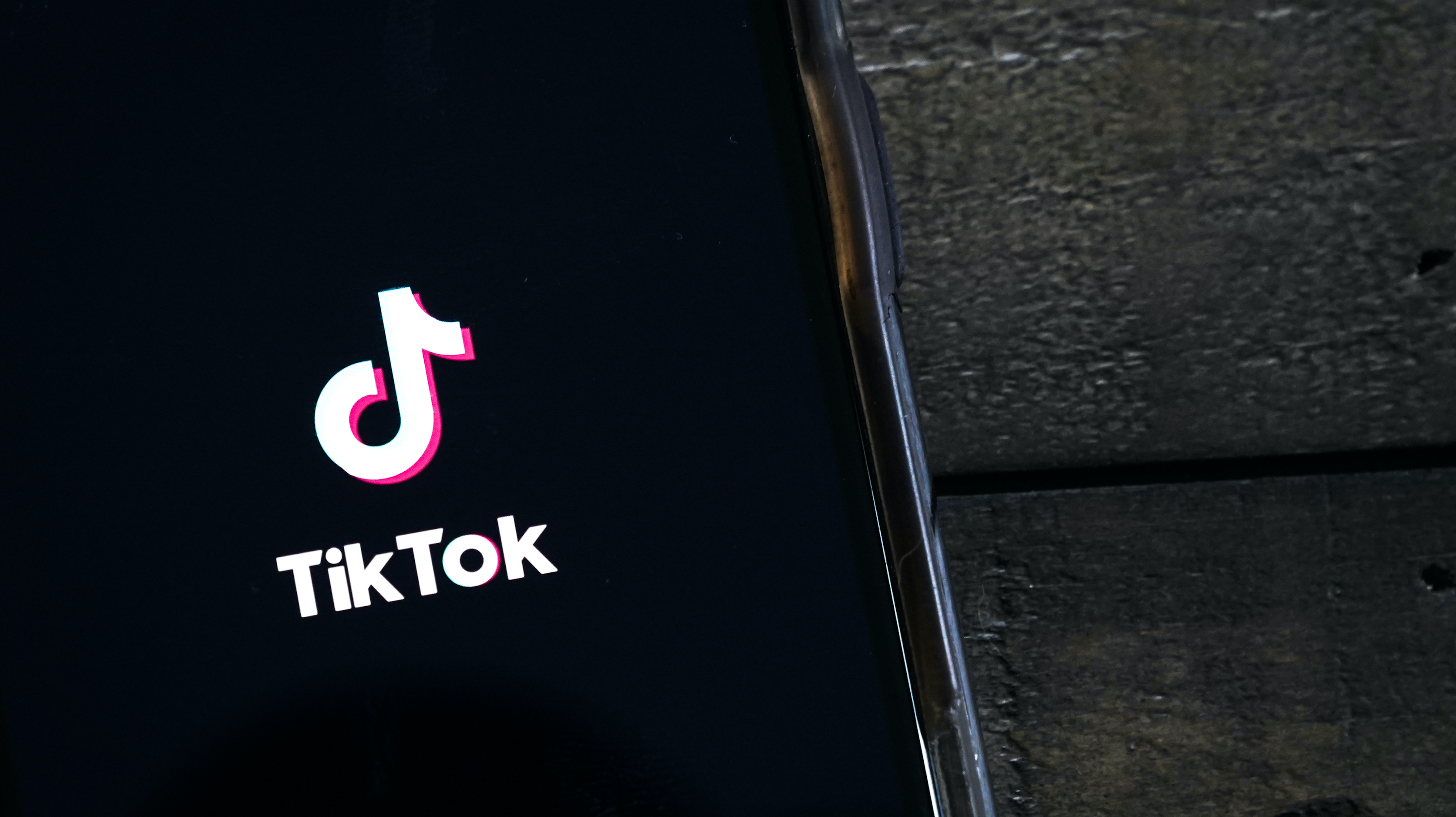Time Warner and AOL: The marriage that never took
Some deals are so bad (Time Warner + AOL, we’re looking at you), it’s not even worth trying to find something nice to say.
“Pretty much everything went horribly wrong with that deal,” says Kevin Werbach, a professor of legal studies and business ethics at the Wharton School.
At the time – right before the dot-com bubble burst in 2000 – most everyone told Time Warner it needed to find a way in to the newfangled world of Internet media. The easiest way to do that? Merge with a company that already had it.
“We are the missing piece of each other’s puzzle,” says a company executive in a news clip from 2000.
The idea, Werbach says, was synergy. If done correctly, one plus one can equal billions. Time Warner’s content plus AOL’s distribution network would somehow be more powerful together.
“It’s ironic in some ways, because Time Warner was really the desperate party,” Werbach says. “They wanted to do the deal because they wanted to get access to this sexy go-go Internet dot-com magic, but in hindsight AOL is the company that was about to fall off a cliff.”
Alec Klein, a reporter investigating the company for the Washington Post, figured that out. He went on to write the book “Stealing Time: Steve Case, Jerry Levin, and the Collapse of AOL Time Warner.” “The problem,” he says, “is that AOL was not doing as well as it seemed.”
Klein uncovered a company improperly inflating its ad revenue. Dial-up modems were on their way out, broadband on its way in – and AOL had missed the high-speed connection boat.
They also had a legal problem. After the Post’s investigation, the company was investigated by the Justice Department and the Securities Exchange Commission, Klein says, and “people were fired.”
Rita McGrath, a professor of strategy and innovation at Columbia Business School, says “culture is usually to blame when these things go horribly wrong.”
“In this day and age you’re not buying the assets or the physical thing, you’re buying the talent and the goodwill and the engagement of the people,” McGrath says. “So if you have a cultural misfit, those are the things that are going to get lost — not the hard core, the factory or the assets.”
The anxiety and energy surrounding today’s app market is not unlike the anxiety and energy experienced during the dot-com bubble, McGrath says.
There’s a lot happening in the world. Through it all, Marketplace is here for you.
You rely on Marketplace to break down the world’s events and tell you how it affects you in a fact-based, approachable way. We rely on your financial support to keep making that possible.
Your donation today powers the independent journalism that you rely on. For just $5/month, you can help sustain Marketplace so we can keep reporting on the things that matter to you.


















